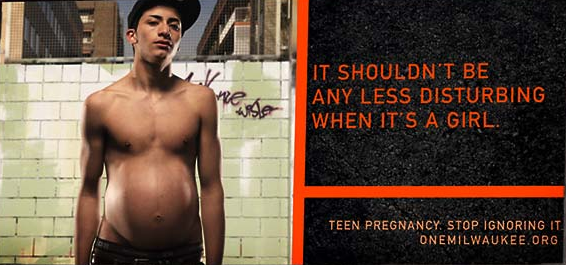Raising a teen with behavioral problems can be one of the most stressful things a parent can do. Because all adolescents have issues with pushing boundaries, talking back and occasional aggressive behavior, it can be hard to know what is normal for the age and what requires outside intervention for behavior modification. In order to determine whether your teen is extreme, there are some questions you should consider.
- Does your teen struggle with basic expectations and rules at home and school?
- Does your teen have poor grades or problems with regular attendance? Do you worry that he/she won’t finish high school?
- Is your teen verbally abusive? Do you hesitate before speaking to him in order to avoid rage or a verbal attack?
- Has your teen ever been physically violent?
- Is he/she manipulative and deceitful?
- Does your teen frequently seem withdrawn, depressed or unmotivated?
- Has your teen had problems with the law?
- Are you consistently concerned that your teen’s behavior is a danger to his safety?
- Has your teen experimented with drugs or alcohol?
- Do you often feel powerless in the face of your teen’s defiant and destructive behavior?
If your answer to most of these questions is yes, then it is likely that your teen could benefit from behavior modification through therapy.
What is Behavior Modification?
Behavior modification is a therapy technique based on the idea that all behavior is controlled by a reinforcing and punishing stimuli. This approach rewards good behavior and creates consequences for bad behavior with the idea that rewards are ultimately more powerful than punishment. This type of therapy teaches new responses until the individual can better control his reactions.
Behavior modification therapy is often used along with medication therapy and/or cognitive therapy for teens and children suffering from disorders such as ADHD, ADD, substance abuse and mood or anxiety issues. Behavior modification requires clear guidelines and consistent consequences. Both rewards and punishment need to be age appropriate and involve something that they care about. Because every teen is different, you need to determine what is most likely to motivate them for the most effective results. While any teen can benefit from basic behavior modification techniques, the more extreme cases require the help of a professional, or even a stay in a residential treatment program.
If you are concerned about your teen and the behavior that he or she is displaying, it is best to make an appointment with a psychologist that specializes in teen behavior. Through a thorough history and an interview with your teen, you will be guided toward the next step to take for the health of your teen and the happiness of your family.











0 Comments